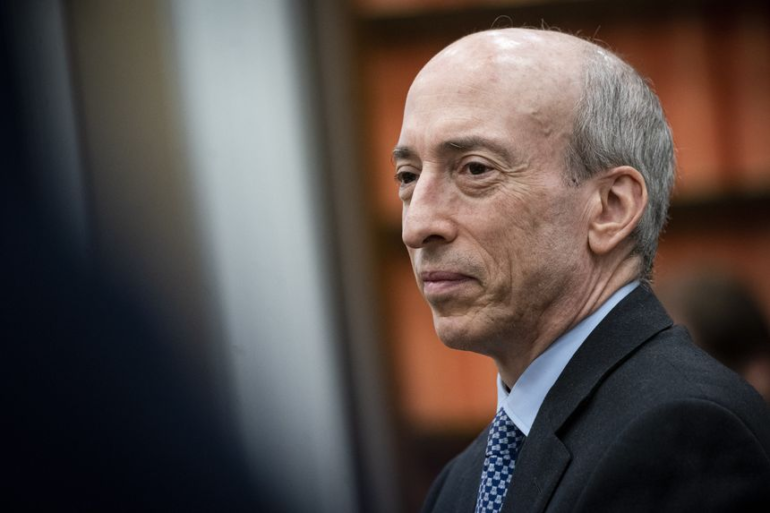Ethereum’s Proof-of-Stake Transition Could Make It a Security, Says Gary Gensler
- SEC Chair Gary Gensler said that Ethereum’s switch to Proof-of-Stake could trigger securities laws.
- Gensler believes that the staking model could make Ethereum pass a key part of the Howey test.
- Gensler is keen on regulating many crypto tokens under securities laws.
United States Securities and Exchange Commission (SEC) Chair Gary Gensler said that Ethereum’s switch to Proof-of-Stake could trigger securities laws. Gensler told reporters on September 15, after a congressional hearing, that staking Ethereum might make it pass a critical component of the Howey test. The latter is used to determine if an asset is a security.
The Wall Street Journal reported the news, highlighting Gensler’s statement,
“From the coin’s perspective…that’s another indicia that under the Howey test, the investing public is anticipating profits based on the efforts of others.”
According to Gensler, Proof-of-Stake assets could be considered investment contracts if investors put their money into an enterprise, expecting profits. The SEC Chair has said in the past that he does not consider Bitcoin to be a security, but his and the agency’s thoughts on Ethereum have been a little more ambivalent.
Ethereum switched to the Proof-of-Stake model earlier this week during The Merge, the biggest event in its history. It was met with jubilation from the crypto community, though if it is classified as a security that excitement might be dampened considerably.
SEC’s Gensler Clashes With Sen. Toomey on Crypto Regulation
Generally speaking, Gensler and the SEC believe that most crypto assets fall under the categorization of securities. As such, they ask for these assets to be regulated as securities and follow the law as it is. However, putting this into practice has proven more than a little challenging.
At the congressional hearing, Gensler disagreed with Senator Pat Toomey, who argued that crypto tokens “have varying degrees of decentralization, they usually do not have a financial claim on the issuer, and typically can be settled in real time without intermediaries.” Gensler’s view was that most tokens and projects represent a startup, and that the investors are expecting profit from the success of the project.
.@GaryGensler owes investors and innovators alike more clarity on how he intends to apply @SECgov regulations to digital assets. pic.twitter.com/S8bz0tOmk7
The SEC has been taking a lot of actions lately. It is reportedly investigating several exchanges, while Gensler has backed the Commodity Futures Trading Commission (CFTC) to have oversight over non-security cryptocurrencies.
Source: Read Full Article



